
Veganism is by definition an animal rights movement, but the meteoric rise in plant-powered living isn’t down to animal lovers alone. 38% of new vegans say that environmental concerns prompted the switch. But being vegan for environmental reasons can feel like a bit of a minefield, because it isn’t as straightforward as it seems.
What’s wrong with the vegan diet?
If you care about the environment, it makes sense to think about food — which accounts for a quarter of total global emissions. A whopping 58% of those emissions come straight from animal products, which is why climate scientists are pushing for a global move away from meat and dairy .
But some critics say that a plant based diet is not as sustainable as we’d like to think, citing popular foods, like air-freighted avocados and water-intensive crops like almonds, as environmentally damaging.
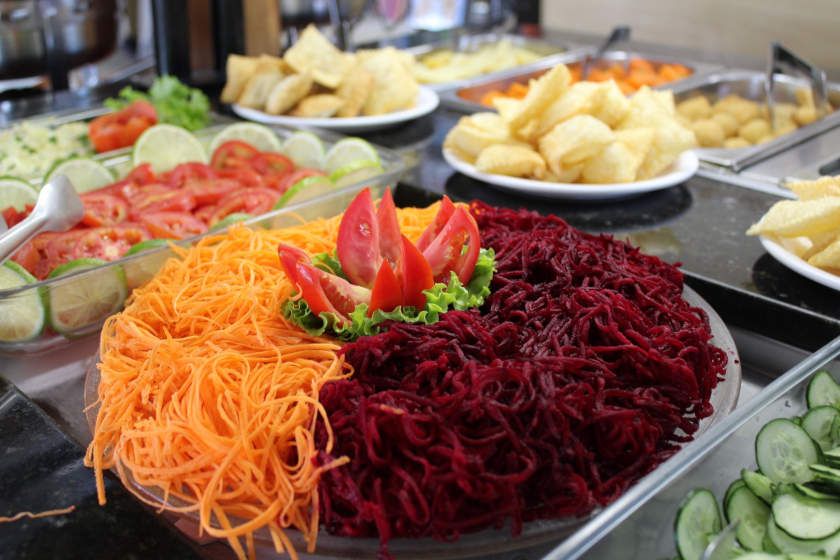
No diet is perfect, and veganism certainly has its flaws. Fashionable foods like avocado and quinoa are environmentally damaging and can price-out local communities from their own staple foods. In California, the demand for almonds can worsen droughts in the region.
Another problem for vegans is excessive plastic packaging and palm oil which slips into many plant-based products. Palm oil is linked to deforestation and habitat loss.
Obviously, the blame can’t be placed solely at the feet of vegans. After all, we’re only around 7% of the population of the UK. But these issues are certain to be on the agenda for environmentally conscious eaters.
Why a plant-based diet is the greenest diet
In spite of these issues, a vegan diet is still our best bet to reduce emissions and promote a healthy planet.
[A vegan diet] is far bigger than cutting down on your flights or buying an electric car... avoiding consumption of animal products delivers far better environmental benefits than trying to purchase sustainable meat and dairy.Joseph Poore, Environmental Researcher
This is because animal agriculture is responsible for almost 20% of greenhouse gas emissions, more than all transportation methods combined. Researchers at the University of Oxford found that eliminating meat and dairy products from your diet could be the single biggest way to reduce your impact on the environment, slashing carbon footprint from food by up to 73% and reducing global acidification , eutrophication , land use and water use.
Joseph Poore, lead author of the study, says that a vegan diet “is far bigger than cutting down on your flights or buying an electric car” and that “avoiding consumption of animal products delivers far better environmental benefits than trying to purchase sustainable meat and dairy.”
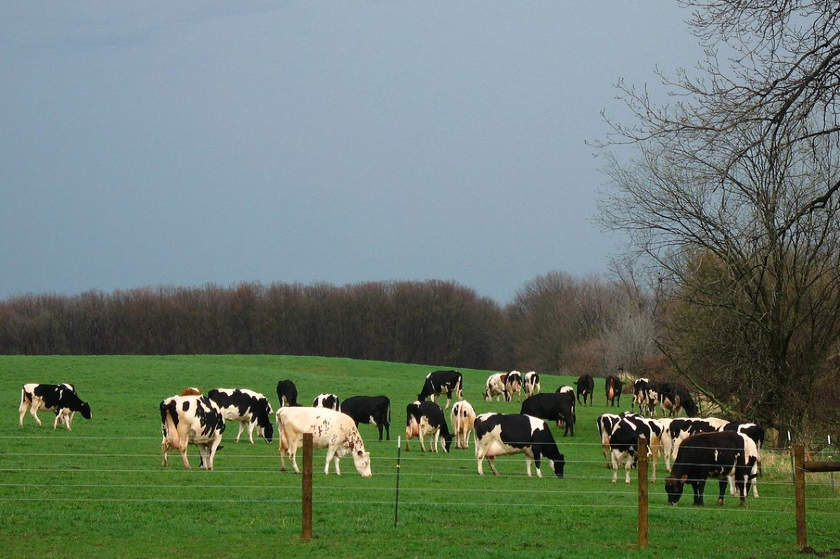
Farming animals is also hugely land intensive, providing only 18% of calories and 37% of protein, but taking up 83% of farming land worldwide. Animal agriculture is responsible for up to 91% of Amazon rainforest destruction.
Promisingly, research from the University of Oxford shows that without meat and dairy consumption, global farmland use could be reduced by more than 75% — and still feed the world. This is major, since loss of wild land to agriculture is the leading cause of mass extinction of wildlife .
Vegans will be pleased to know that their diet is also less water intensive. Even those contentious products are often better than eating meat. Avocados have a total water footprint of 1,981 mᶾ/ton, which is still significantly less than meat and eggs, with beef coming in at a whopping 5,400 mᶾ/ton.
But is veganism enough to save our planet?
The environmental case for a vegan diet is compelling, but it’s not as simple as we’d like to think. The way we eat in the UK is largely centred around convenience and almost everything now comes wrapped in plastic.
What you do makes a difference, and you have to decide what kind of difference you want to make.Jane Goodhall, Environmentalist
We also have a more luxurious approach to food, with exotic or out of season produce available in supermarkets and restaurants year round. The demand for ‘superfoods’ like avocado and quinoa certainly don’t help.
And luxuries like coffee or chocolate sourced from a deforested rainforest can be responsible for more emissions than a ‘low-impact’ serving of beef. Vegans cannot escape these realities, either, but we can be more mindful of them.
How to lower your impact
We can’t afford to be complacent, thinking that being vegan is enough. Here are some simple things you can do to help reduce your footprint.
Buy local produce
Eating locally sourced food may be easier than you think. Many recipes can be made with local ingredients if you get creative.

Take barley, for example. This highly nutritious but humble crop is the second largest arable crop in the UK, and can be used instead of risotto rice, or to replace quinoa in soups and salads.
Sweet potatoes, often imported from the USA , can be traded for carrots, or — gasp — regular spuds. Farmers’ markets and veg box schemes are great for local produce, and eating seasonally helps too…
Eat seasonal fruit and veg
Strawberries in January? Try apples instead! Growing fruit and vegetables in season requires lower levels of heating, lighting, pesticides and fertilisers. And even better, it’s often significantly cheaper .
If you buy imported fruits, look out for ones with hard skins like bananas and pineapples, which will likely have come by boat (about a hundredth of the carbon footprint of air freighting) and if you’re desperate for berries in winter, go with frozen .
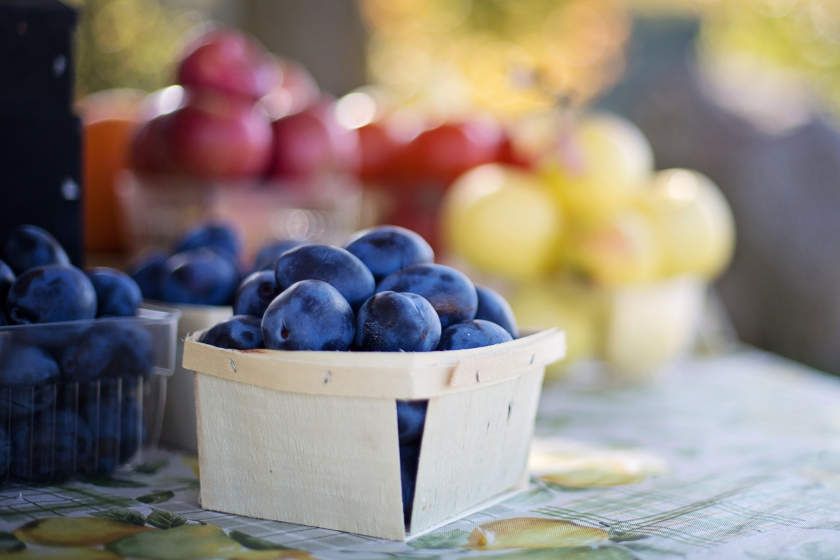
Farmers markets and veg box schemes will be your friends, as will this handy poster you can pop in your kitchen.
In the future, it could be even easier to eat seasonally as a vegan. Imported lentils and chickpeas are a nutritious staple of vegan diets, but actually the UK provides good conditions for growing delicious plant proteins like fava beans, peas, hemp seeds, or sweet lupin.
Plant proteins provide solutions to wide-ranging demands currently placed on farming, says the Vegan Society. For example, pulses take nitrogen from the air and deposit it in the soil, which usually means there’s no need for resource intensive nitrogen fertilisers. Direct subsidies and support for potential growers could see these crops flourish on UK soil in the future.
Cut out food waste
Wasted food is wasted resources, not to mention a source of dangerous methane once it reaches landfill, so we can’t overlook those items lurking in our fridge.
Do a quick stock check before you go shopping and look up recipes that will incorporate what you have lingering in the kitchen. Getting a weekly meal plan together can help you to think ahead.
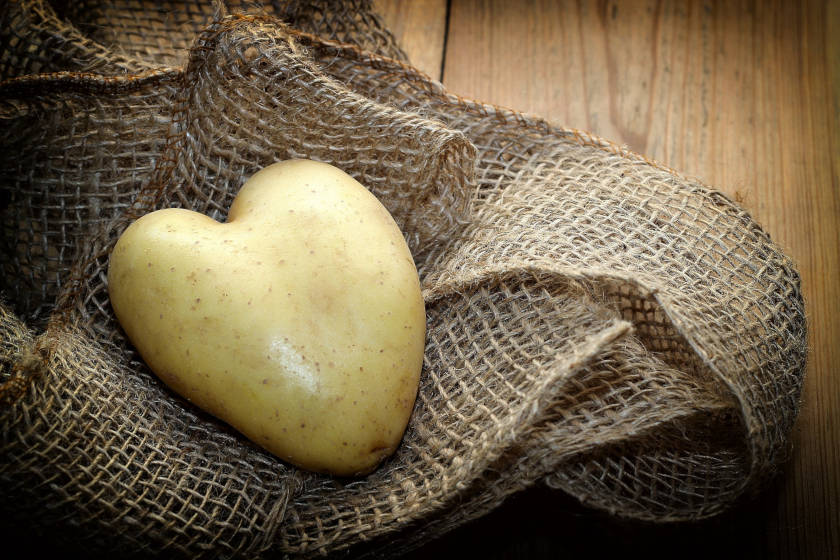
You can rescue unwanted but delicious food with apps like Olio and Too Good To Go , or support community schemes like Fareshare and Foodcycle , which combat hunger using food destined for landfill.
Buying ugly veg, like the Morrisons Wonky Fruit and Veg scheme , can save tonnes of decent produce from going to landfill too. Try handy tricks like freezing bread for toast to make it last longer. And of course, compost things like tea bags and peelings if you can.
Scrap the packaging
Packaging is probably already a top concern if you’re trying to live green. Our modern desire for convenience and supermarkets’ obsession with plastic can make this tricky.
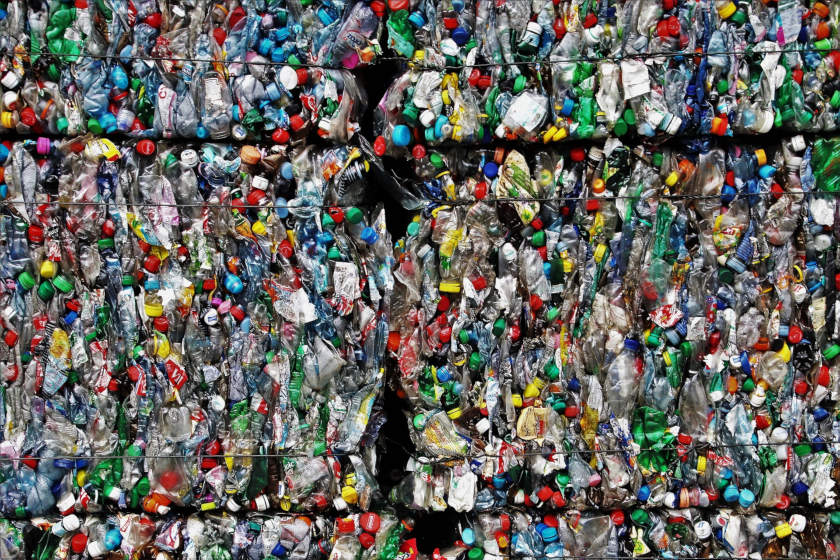
Cook from scratch when you can and take leftovers in to work for lunch to save on packaging. Bring your own bags to pick up produce from markets and bulk buy dry goods like pulses and pasta if that’s available near you ( zero waste shops are springing up around the UK!).
At home, try nifty swaps like trading cling film for reusable food wraps . Also, have a think about household items and toiletries.
(Above) A stunning 3D graphical representation of Earth’s potential ugly future: “Future Fossils” by Malte Gruhl and Julien Pietri. See the full collection .
Don’t get disheartened, you’re doing great!
Going ‘plant-powered’ is an exciting journey, not a destination, and becoming aware of what we put on our plates can spill out into other areas of our life.
But remember, nobody’s perfect. We live in a society geared towards consumerism and convenience, so try not to get disheartened when your food choices aren’t as ’eco’ as you’d like. Know that you’re doing your bit and that’s worth celebrating.
Every decision we make, no matter how seemingly small, has an environmental impact. As legendary environmentalist Jane Goodall says, “What you do makes a difference, and you have to decide what kind of difference you want to make.”
Help us reach more people with this post. Please share it with your friends.